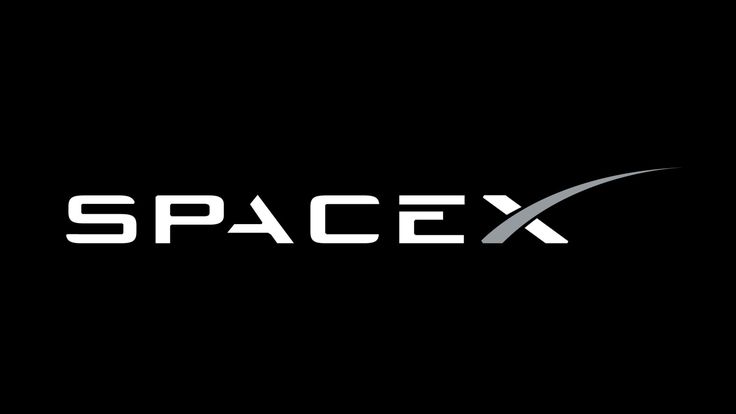Elon Musk’s SpaceX has made remarkable progress in space exploration. As of early last week, SpaceX had successfully made 356 launches, 319 landings, and 290 relights of its rockets. This information comes from flight data reported by Fox News. These wins show SpaceX’s efforts in developing reusable rocket technology, a first for any private space company.
The Falcon 9: A Game Changer by SpaceX
The Falcon 9 rocket, a reusable launch vehicle developed by SpaceX, has changed the launch industry. Its success has propelled the United States to the forefront of the global space race. According to data from BryceTech, SpaceX launched 525 spacecraft into orbit in the first quarter of this year. This figure exceeds the space programs in China and Russia by a considerable mark and is more than any other space program globally.
SpaceX Outpacing Global Competitors
In terms of the weight of spacecraft launched, SpaceX has also set records. In the first quarter, SpaceX launched approximately 429,125 kilograms of spacecraft. In comparison, China’s space program, managed by the China Aerospace Science and Technology Corporation, only managed to launch 29,426 kilograms. This sharp contrast shows SpaceX’s leading position in space exploration and technology.
Starship, the next-generation rocket from SpaceX, is a representation of space exploration’s future. Earlier this month, Starship successfully completed a test flight, marking a significant event. This new rocket is expected to enhance America’s dominance in the rocket program through 2030. The successful landing of the Super Heavy booster in the Gulf of Mexico is a witness to SpaceX’s continued innovation in rocket technology.
Challenges in China’s Space Program
While SpaceX is making leaps in reusable rocket technology, China is still lagging. Recently, a Long March 2C rocket launched in China showed the booster falling back to Earth in a populated area, causing people to run for cover. This incident occurred near Guiding County, Qiandongnan Prefecture in Guizhou province. SpaceNews reported that an airspace closure notice had accepted a temporary danger area in the region due to the mission.
China has yet to master reusable rocket technology. However, back in 2015, SpaceX accomplished the successful landing of their first reusable Falcon 9 rocket. Although Beijing-based Orienspace is reportedly working on reusable rockets, their first test flight might not happen until late 2025 or even 2026. This delay further shows SpaceX’s lead in the race for sustainable space exploration.
A New Era of Space Travel
The advancements made by SpaceX are paving the way for a new era of space travel. The company’s focus on reusability not only makes space travel more cost-effective but also more sustainable. The ability to relaunch rockets multiple times reduces the need for building new rockets, thereby saving resources and reducing waste.
SpaceX’s achievements have significant implications for the global space race. By consistently outpacing competitors in both the number and weight of spacecraft launched, SpaceX is setting new standards in the industry. This progress encourages other space programs to innovate and work for similar levels of efficiency.
Broader Impact
The success of SpaceX also has broader implications beyond space exploration. The technological progress made by the company can be applied to other industries, driving innovation. Plus, the focus on sustainability aligns with global efforts to address environmental challenges, making space exploration more responsible and eco-friendly.
SpaceX is leading the way in sustainable space exploration. With its groundbreaking achievements in reusable rocket technology, the company has set new records in the industry. While competitors like China are still catching up, SpaceX continues to push the boundaries of what is possible in space travel. As the company looks toward the future with its Starship rocket, the hopes for renewable and efficient space travel have never been brighter.





